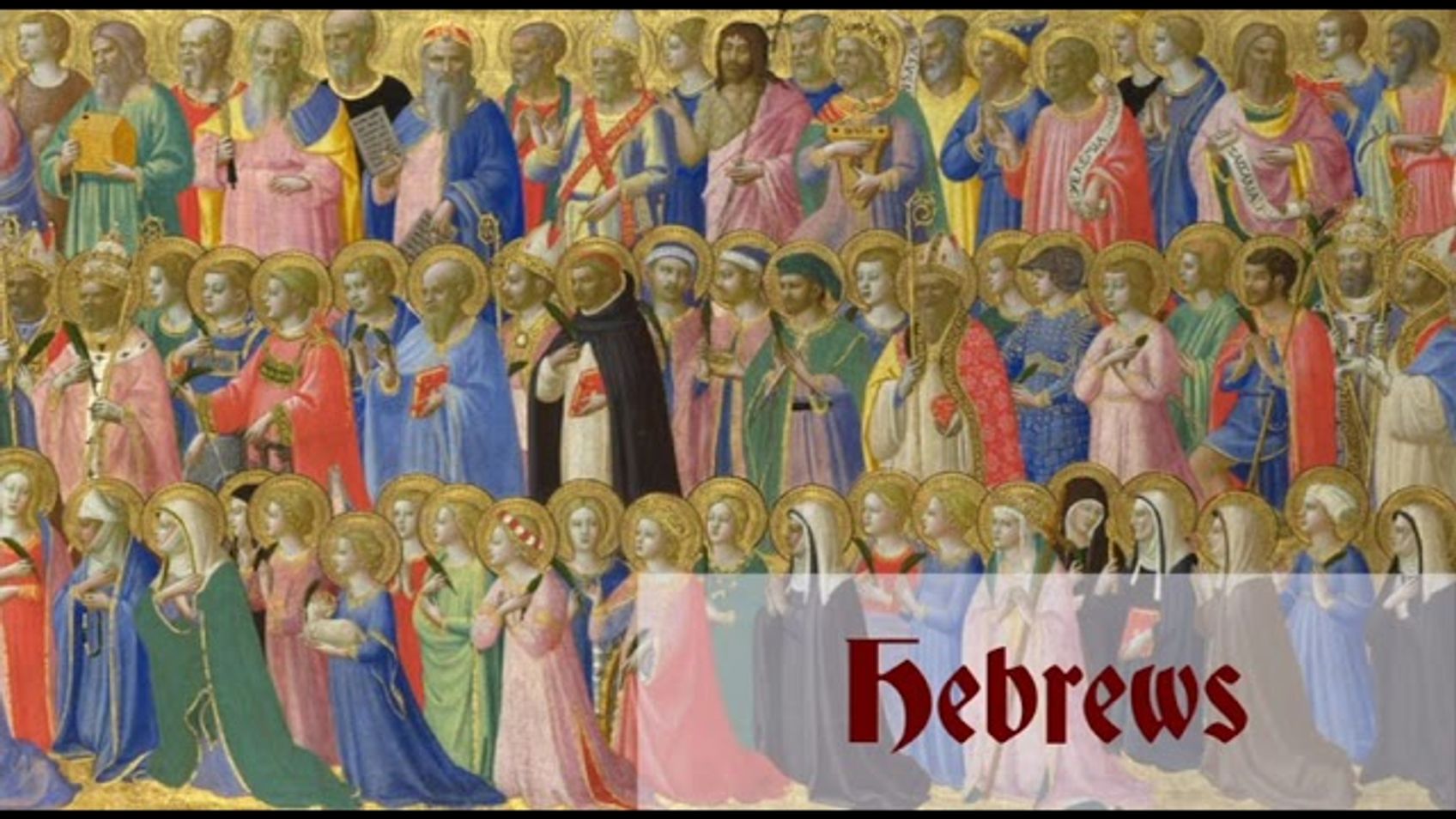Hebrews: Chapter-by-Chapter Commentary

*CONTENTS*
00:00:00 - Hebrews 1: Christ Greater than the Angels
00:13:10 - Hebrews 2: Christ Partook of the Nature and State of His Brothers
00:21:57 - Hebrews 3: Greater Than Moses and Joshua
00:33:54 - Hebrews 4.1-13: Do Not Fall Short of God's Rest
00:40:44 - Hebrews 4.14—5:10: Jesus the Great High Priest
00:51:56 - Hebrews 5.11—6.20: The Imperative of Perseverance
01:03:32 - Hebrews 7: High Priest According to the Order of Melchizedek
01:11:45 - Hebrews 8: A Better Covenant
01:18:16 - Hebrews 9.1-14: Christ Entered Into the Heavenly Holy Places
01:25:52 - Hebrews 9.15-28: The True High Priestly Work
01:32:57 - Hebrews 10.1-18: Once For All Atonement
01:41:42 - Hebrews 10.19-39: Let Us Hold Fast the Confession of Our Hope
01:55:32 - Hebrews 11: The Heroes of Faith
02:13:22 - Hebrews 12.1-17: Endure Suffering and Discipline Like Christ
02:24:26 - Hebrews 12.18-29: An Unshakeable Kingdom
02:33:30 - Hebrews 13: True Sacrifices
If you have enjoyed my videos and podcasts, please tell your friends. If you are interested in supporting my videos and podcasts and my research more generally, please consider supporting my work on Patreon (https://www.patreon.com/zugzwanged), using my PayPal account (https://bit.ly/2RLaUcB), or by buying books for my research on Amazon (https://www.amazon.co.uk/hz/wishlist/ls/36WVSWCK4X33O?ref_=wl_share).
The audio of all of my videos is available on my Soundcloud account: https://soundcloud.com/alastairadversaria. You can also listen to the audio of these episodes on iTunes: https://itunes.apple.com/gb/podcast/alastairs-adversaria/id1416351035?mt=2.
More From Alastair Roberts
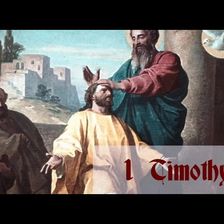

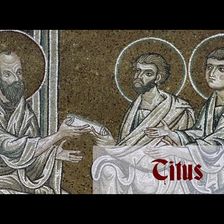
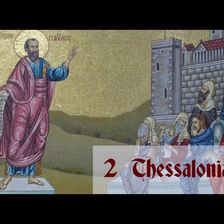
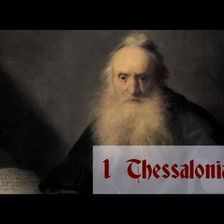
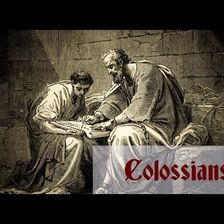
More on OpenTheo















